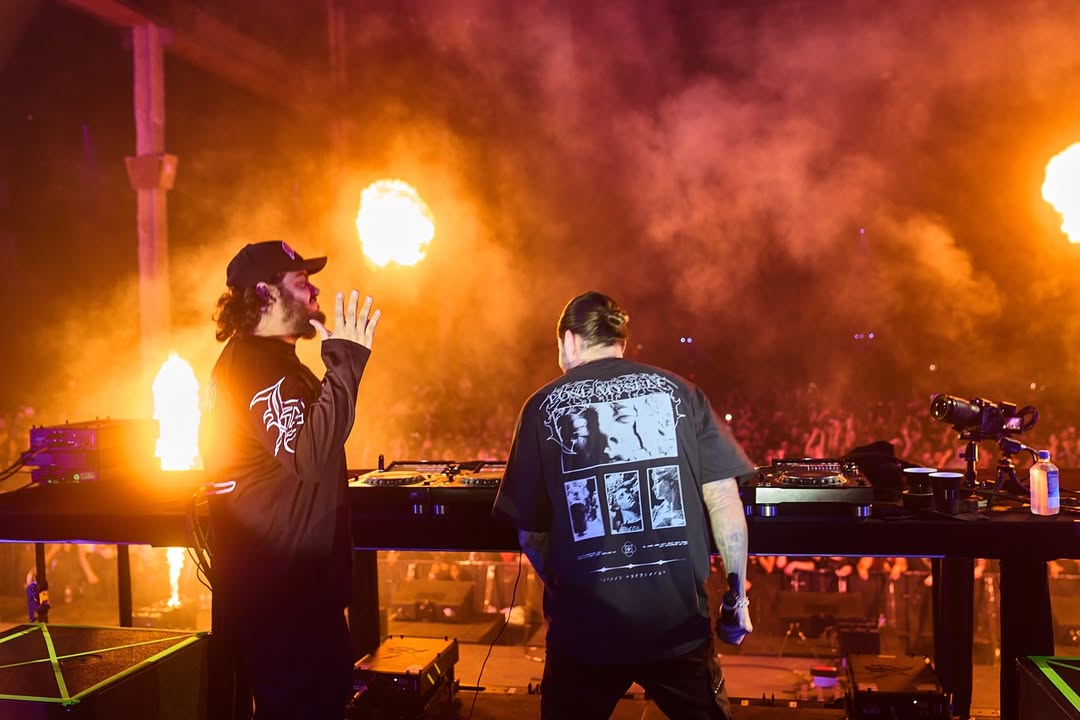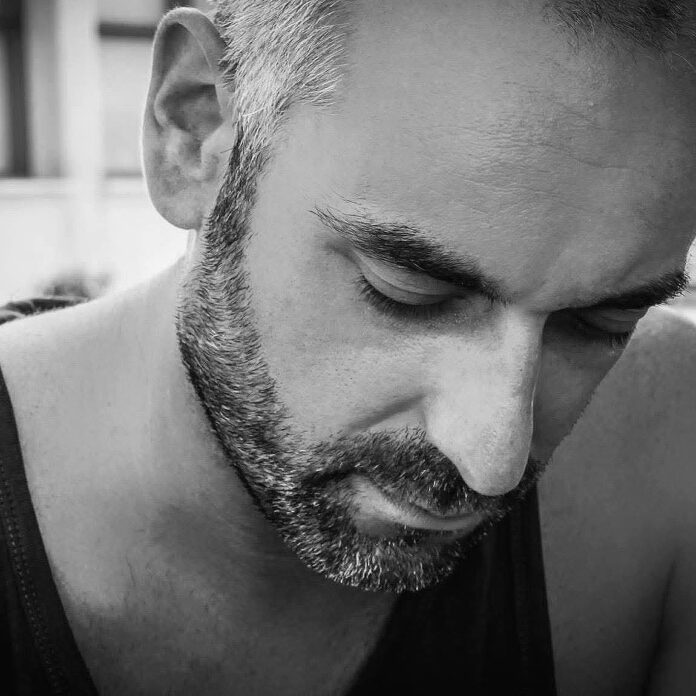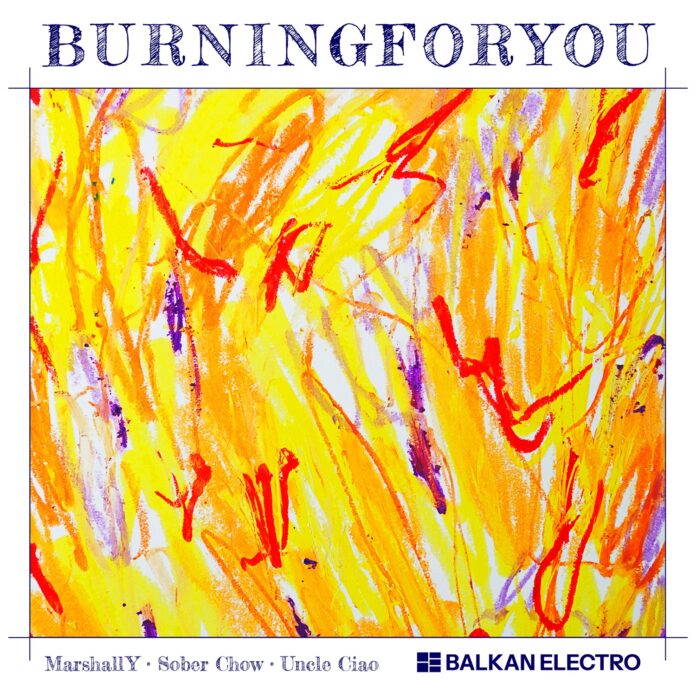The anime world has seen its fair share of reboots and remakes in recent years, and this trend doesn't seem to be slowing down. Osamu Tezuka's Dororo is one such example, receiving a modern overhaul in 2019. Despite a handful of differences, the reboot maintains the essence of its source material while also emphasizing some of its important questions relating to physicality, humanity and identity.
Dororo tells the story of a boy named Hyakkimaru on a mission to regain his body. Before he was born, Hyakkimaru's father made a deal with 12 demons, exchanging his unborn child for power and the prosperity of the region. Each demon took a piece of Hyakkimaru, including his sense of physical feeling, and his life was only spared when the 12th demon failed to take his head. Luckily, all he needs to do to regain his body is slay the demons who stole from him. And herein lies the essential undercurrent of the anime: Hyakkimaru needs his body to complete his identity.
Hyakkimaru's initial appearance in Dororo is off-putting because of where he falls in the uncanny valley. With his lifeless eyes and clattering wooden body, Hyakkimaru resembles a large doll more than a normal young man. He is neither fully human nor a person, always skirting around the outer edges of society as a wanderer. Only after he regains his body is he able to fully enter society and experience the world the way it is meant to be.
Additionally, the loss of his body equates to a loss of agency. Hyakkimaru's father sacrificed his son in favor of his own desires and ambition. From the very beginning, his body was not his own. He never settles for being a victim though, standing up for himself and deciding to fight -- the sign of a strong, respectable character. Reclaiming his body means reclaiming his agency, and nothing will stop him from achieving his goal.
Without eyes, Hyakkimaru views the world differently from regular humans. The forms of those around him are generally identified by a red coloring for demons and gray for humans. Interestingly, those forms Hyakkimaru can see are bodies, not just spirit flames or some other popular soul representation. It is the body that informs Hyakkimaru of whether the individual he is facing is friend or foe.
This leads Hyakkimaru to identify the man who raised him as "mother," much to the man's amusement. Hyakkimaru associates his gray form with that of the nurturing, loving identity mothers are generally related to. Identify and form are inextricably linked in Dororo, which is why Hyakkimaru requires and deserves his body. In one revealing scene, Hyakkimaru begs for it to be returned to him, showing his deep need to have a true body. He wants it because it is his, and he needs it to complete his personhood.
Dororo is far more than another demon-hunting anime. Through Hyakkimaru, it explores important questions about what it means to be human. While a second season doesn't seem to be on the horizon, fans can take a look at its recent English dub by Sentai Filmworks.
About The Author

